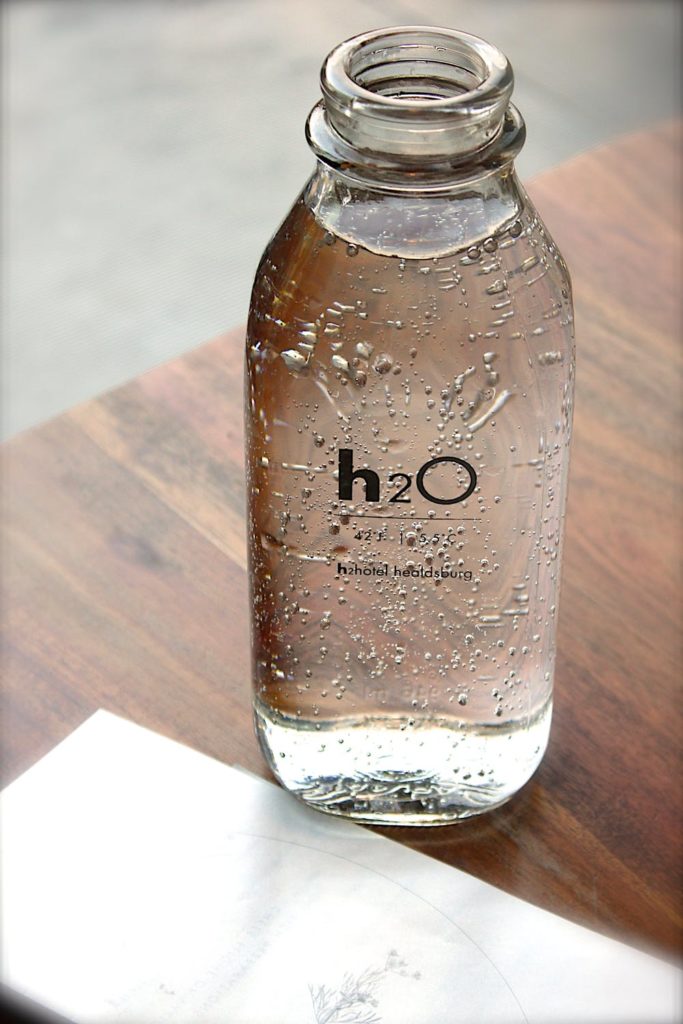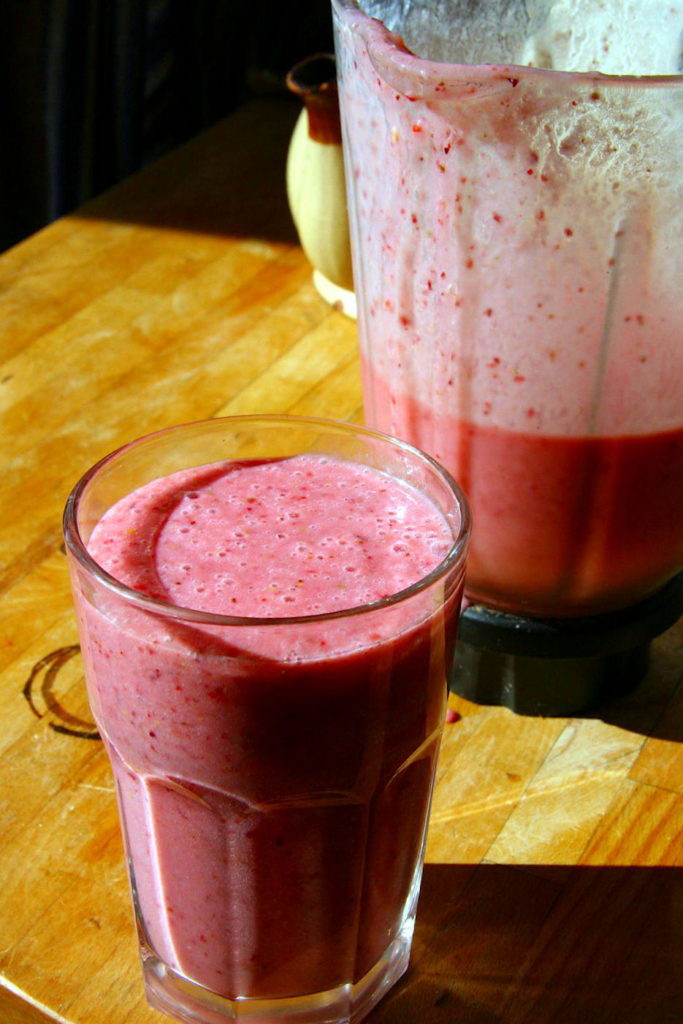
We all know that water is an essential part of life, but do you realize what a significant impact a lack of hydration can have on your wellbeing? You’ve probably heard that while the human body can last three or four weeks (or even longer) without food, it can only manage a few days without water. More than half of your body consists of water, and without it your bodily functions soon start to shut down, leading to organ failure. But what if you’re drinking through the day, only not enough? You wouldn’t be aware that you were dehydrated to any great degree, so you may think you’re getting enough water, but insufficient water intake can have some surprising effects.
Thirst
Although the human brain is a marvel of unrivaled complexity, it doesn’t always operate in your best interests. The effect of genetic makeup, life experience, hormonal activity and the primitive drives which we are still subject to can lead to behaviors which aren’t advisable for optimum health. Take diet as a prime example. We know we should eat a healthy, balanced diet with plenty of fresh fruit and vegetables, sources of fiber, and high-quality protein every day. We also know the potential harm of eating too much fat and refined carbohydrates, but despite this awareness of what is best for us, obesity is an increasing and serious problem. The reasons for overeating are many and complex, but the effect on our health is the same regardless of the cause. Thirst has its own problems, first of which is that you probably won’t feel very thirsty until you are already starting to get dehydrated, which isn’t ideal for your health. Secondly, the signal of thirst in the brain can often be misinterpreted as hunger, so when you should be having a drink, you reach for a snack instead.
Physical effects of not drinking enough
With such a large part of your body being composed of water, if you’re not replenishing it adequately, you will be putting a strain on all your internal organs. Your blood will thicken, making your circulation slower and the oxygen exchange less efficient. It can even lead to blood clots forming in your veins in some cases, which can be dangerous if the clots break off and block blood flow to a vital organ. Putting this strain on your system can make you feel tired and fatigued, and getting sleepy during the day can be due to the effects of mild dehydration. Your brain has an even higher water content, and lack of water will quickly lead to headaches; so if you feel a headache coming on, try having a drink to rehydrate your brain.
Effects of chronic dehydration
We can all experience times when we don’t have enough to drink and end up with a raging thirst. If this is an occasional occurrence, there shouldn’t be too much harm done, and the body will quickly absorb water when you do get to drink. However, if you aren’t drinking enough every day, your organs will start to suffer more serious problems. Urinary tract infections and kidney problems are often the first sign that you’re not drinking enough, but for more information on these issues, visit Urocare London. While infection may be present that causes the symptoms, in a healthy urinary system the constant flushing through with water washes harmful bacteria away for the most part. If you are infrequently urinating, it gives the bugs a chance to set up home and create an infection. If you do have any symptoms of a water infection, see your doctor or consult a specialist website like https://www.urologygeorgia.com/ for advice and help. The effects on your brain can become chronic too, so you might be finding it hard to concentrate, or even stay awake during the day. This will be affecting your ability to do your job and could be dangerous if you drive or operate machinery. You can also get very irritable and short-tempered, and feel depressed if your brain lacks hydration.
How lack of hydration affects your appearance
It makes sense that if your body contains so much water, your appearance will be affected if you aren’t drinking enough. Dry skin and hair, weak nails, shadows under the eyes and wrinkles can all be due in some part to there not being enough water in your system to keep everything optimally hydrated. The effects inside your body are more serious than the effects on your appearance, but they are much less obvious, at least to start with. If you notice your skin drying out or any other external symptoms, the first and most simple treatment to try is to increase your fluid intake. You could also be feeling the effects of hormone imbalance, stress, or poor nutrition, but drinking more should always be your first course of action.
Mild dehydration is surprisingly common
It’s estimated that the majority of people don’t drink enough water every day, so the effects listed above are all too common. If you don’t know how much you’re drinking, then make a note of all the liquids you consume for a few days and do a quick calculation to find your average daily intake. If you’re drinking less than eight glasses or 1.5 to 2 liters of water per day, you’re probably not getting enough. Bear in mind that this is your resting requirement, so if you’re undergoing strenuous physical activity you’ll need to drink more. It’s not uncommon for people to dislike the taste of water, which is another oddity about the brain when you consider how vital water is! Most liquids will count, so a cup of tea or a glass of milk would be included in your calculation, and the foods you eat could contribute a proportion of your required intake of water. The only thing you should never include is alcoholic beverages because the alcohol has a diuretic effect, which means it draws more water out of the body than it puts in.
Drinking more water is such a simple way of improving your health and well-being, and you might be surprised to find how much better you look and feel if you get yourself properly hydrated.


